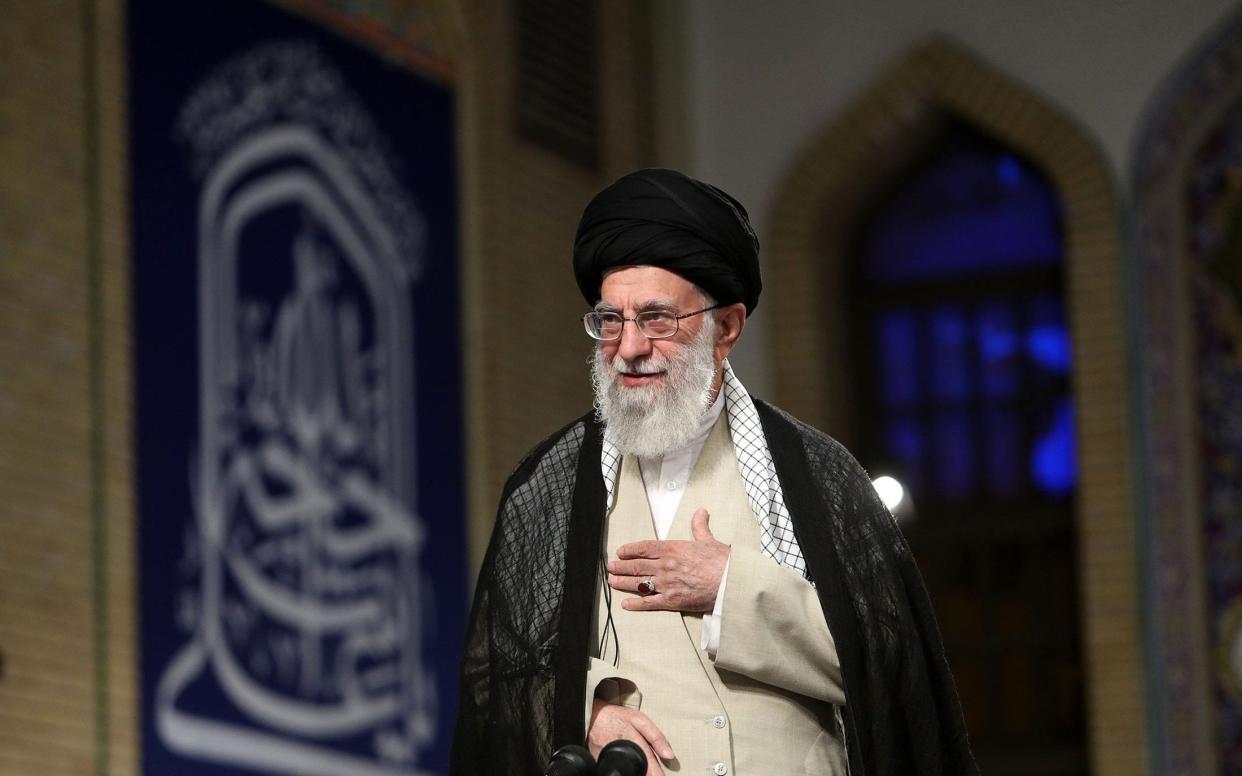Iran delays threat to breach terms of nuclear deal ahead of signatories' summit

Iran delayed a threat to breach its nuclear deal commitments while it waits for Europe to put the finishing touches to a multimillion-pound credit line to help it circumvent US sanctions.
The Islamic Republic had said its stocks of low enriched uranium would breach the 300 kilogram limit allowed under the 2015 nuclear deal, also known as the JCPOA, on Thursday.
But officials from the International Atomic Energy Agency said enrichment had gone more slowly than expected and that Iran was not likely to hit the limit until the weekend.
Representatives of Iran, Britain, France, Germany, Russia, China, and the European Union, the remaining signatories of the agreement, are expected to meet to discuss a possible Iranian violation of the agreement in Vienna on Friday.
The three European nations are expected to use the meeting to announce a new credit instrument designed to facilitate trade with Iran.
The mechanism, called Instex, is meant to allow European companies to sell essential goods to Iran without falling foul of US financial sanctions.
Britain, France, and Germany are expected to put up a small amount of money to kickstart it.
It is unclear whether the instrument, which has taken months of complex legal work to prepare, will be enough to defuse the brewing confrontation in the Gulf.
The JCPOA offered Iran sanctions relief and trade opportunities in exchange for restrictions on its nuclear activity.
The United States withdrew from the agreement last year and has imposed punishing sanctions on Iran in a bid to force it to accept more restrictive agreement.
Iran has said it will abandon its commitments, starting with the 300 kg uranium limit, unless the Europeans find a way for it to access economic benefits the deal promised.
Iranian officials have said they will not be satisfied with requests for patience. But European diplomats say the instrument may take time to gain the confidence of private companies, and are unable to name the firms likely to make use of it.
The US has been critical of the initiative. Brian Hook, the US special representative for Iran, said this week he did not think Iran would meet the transparency standards Europe will demand in order to make the mechanism functional.

